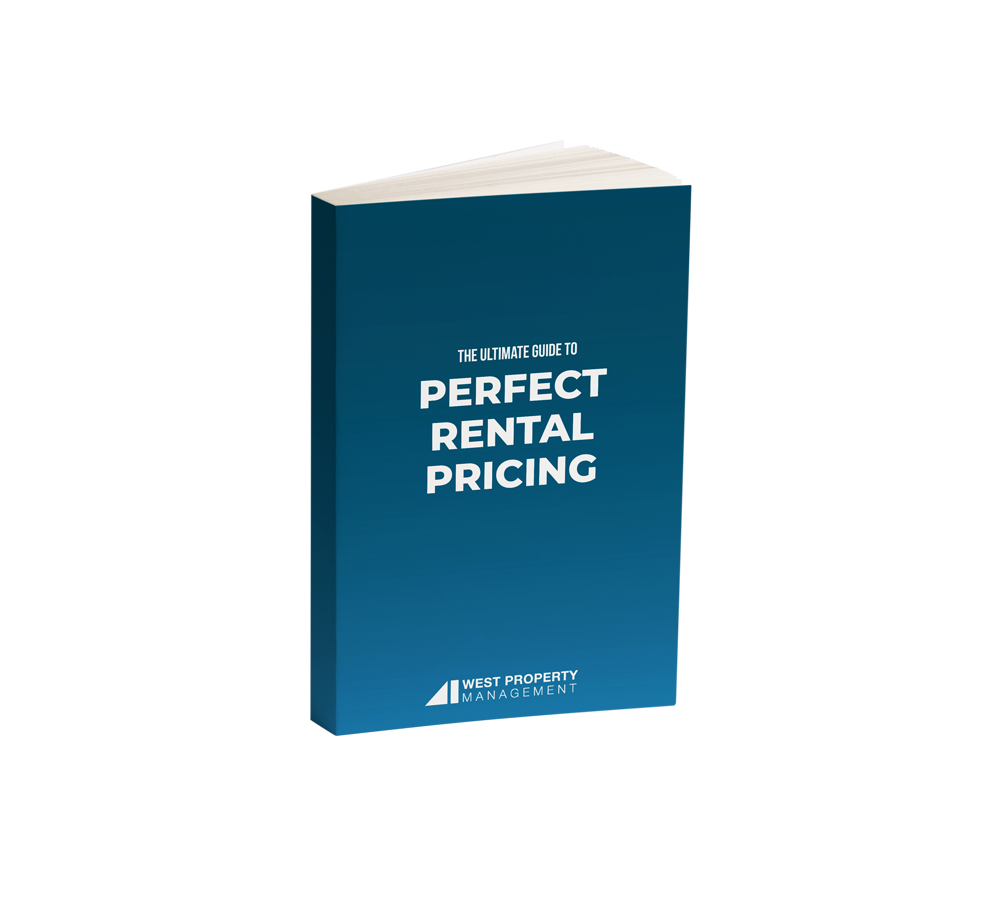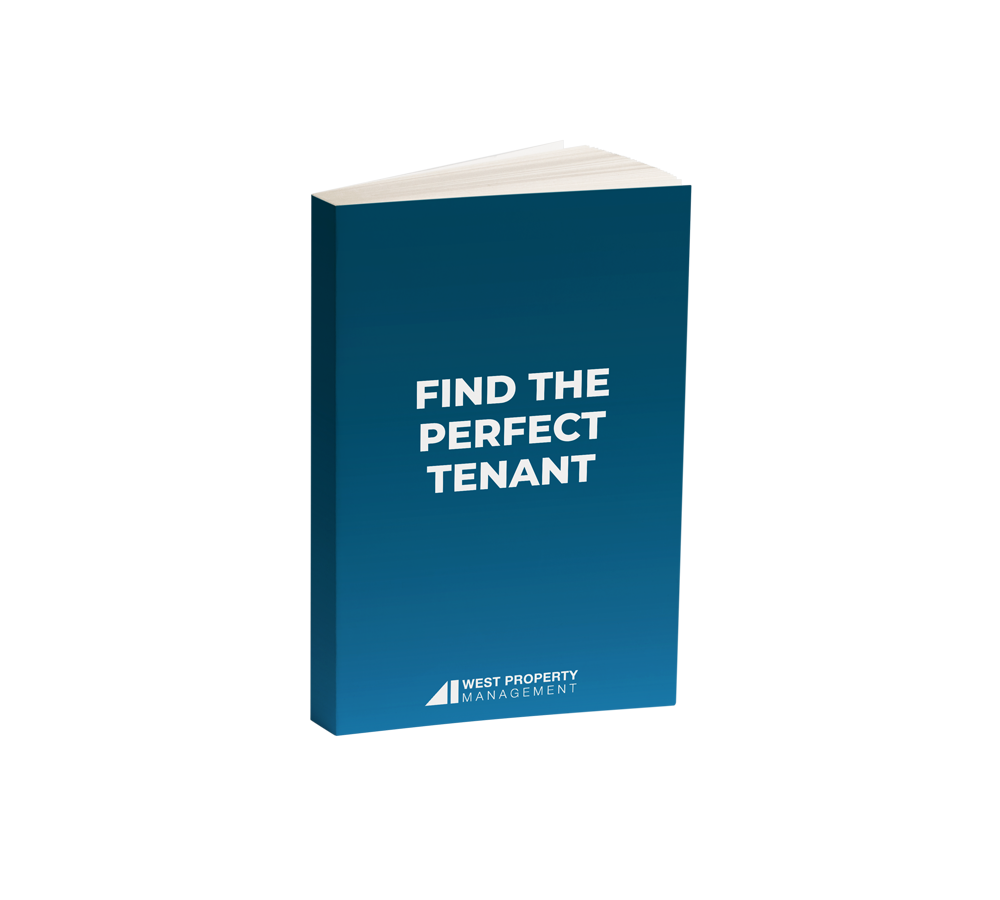Homeowners’ associations play a crucial role in managing residential communities. By implementing effective HOA best practices, residents can foster harmonious living and streamline operations.
Over 40% of HOA residents report having a dispute with their HOA. Following HOA best practices can help standardize operations, avoid conflicts, and improve resource management. This can be particularly beneficial in Maryland, with over 6,400 HOAs. Standardization can ensure consistency in managing HOAs, reducing the likelihood of disputes.
Let’s deep dive into the most important HOA best practices for you to ensure your homeowners’ association is always moving forward.
1. Implementing a Transparent Financial Management System
91% of community associations reported that their budget for this year increased, making resource management a break or make for most residents.
Thriving HOAs prioritize financial management. This involves creating a realistic budget, regularly reviewing financial statements, and ensuring adequate reserves for unexpected expenses. It’s also important to collect dues in a timely manner and to pursue delinquencies aggressively. The complex nature of these tasks may require the expertise of a proficient property management service, such as West Property Management. We provide proven financial management solutions tailored to meet the specific needs of your HOA, ensuring its fiscal health and long-term stability.
2. Establishing Effective Communication Channels in Your HOA
A 2020 study by the National Center for State Courts found that communication was the top-ranked challenge faced by HOAs, with 42% of respondents citing it as a major issue. Establishing a robust communication system is crucial for any HOA to ensure rule compliance and overall satisfaction among residents.
West Property Management offers a state-of-the-art online portal that can be used by both residents and board members. This portal can serve as a central hub for all communications, including announcements, rule changes, and updates.
3. Ensuring Adequate Reserve Funds for Future Investments
Ensuring adequate reserve funds for future investments in an HOA is a critical aspect of maintaining the community’s financial health. One of the first steps in this process is to conduct a reserve study. This study, typically performed by a professional, will assess the current state of the community’s assets, estimate their lifespan, and calculate the future costs of repair or replacement.
The results of this study will help the HOA board to understand the amount of money that needs to be set aside each year to meet these future expenses.
4. Maintaining Property Values through Regular Inspections and Maintenance
Another fundamental strategy in fostering a thriving HOA revolves around the regular maintenance and improvement of common areas. Ensuring the upkeep of shared facilities such as parks, playgrounds, clubhouses, and swimming pools plays a crucial role in enhancing the community’s aesthetics and functionality.
Well-maintained common areas not only generate a sense of pride and belonging among homeowners but are also conducive to fostering stronger community relationships.
5. Creating a Welcoming Community Atmosphere
Thriving HOAs also foster a sense of community among homeowners. This can be achieved through regular social events, community projects, and opportunities for homeowners to get involved in decision-making processes.
A strong community spirit can help to resolve disputes and encourage compliance with rules.
6. Implementing Conflict Resolution Strategies for Hoas
Conflict resolution is a crucial aspect of managing an HOA. One best practice is to develop a comprehensive conflict resolution policy. This policy should outline the steps for addressing disputes, including how to file a complaint, the process for investigating the issue, and the methods for resolving the conflict. It should also specify the roles and responsibilities of all parties involved. This policy should be made readily available to all members.
7. Understanding Maryland’s HOA Laws and Regulations
In Maryland, HOAs are governed by a variety of laws and regulations. One of the most important is the Maryland Homeowners Association Act (MHAA). This law provides a framework for the operation of HOAs, including the requirement for a written contract between the HOA and each homeowner, the establishment of a board of directors, and the requirement for annual meetings and financial audits.
Another key piece of legislation is the Maryland Condominium Act, which applies to condominium associations but has some provisions that can also apply to HOAs. This law outlines the responsibilities of the association, including the maintenance and repair of common areas, the collection of assessments, and the enforcement of rules and regulations.
8. Planning for the Long Term: Strategic Planning in HOAs
Successful HOAs also engage in strategic planning. This involves setting long-term goals for the community, developing a plan to achieve these goals, and regularly reviewing and updating the plan as necessary. Strategic planning can help the HOA to anticipate and respond to future challenges.
Another strategy is the implementation of green initiatives. This can include energy-efficient upgrades, recycling programs, and landscaping with native plants. Green initiatives can save money, improve the community’s environmental footprint, and enhance property values.
9. Developing and Enforcing Reasonable Rules and Regulations
Another strategy is the establishment of a comprehensive and enforceable set of rules and regulations. These should be clearly communicated to all homeowners and consistently enforced to maintain order and prevent disputes. The rules should cover a wide range of issues, including property maintenance, noise levels, and pet ownership.
Finally, successful HOAs prioritize transparency and accountability. This includes providing regular financial reports to homeowners, holding open board meetings, and responding promptly and honestly to homeowners’ questions and concerns. Transparency and accountability can build trust and foster a positive relationship between the HOA and homeowners.
10. Conducting Regular Board Meetings for Optimal Decision Making
Regular HOA meetings are another effective communication channel. These meetings provide a platform for open dialogue between residents, board members, and providers. To maximize participation, scheduling these meetings at convenient times and providing advance notice to all parties involved is important. The meetings should be structured and follow a set agenda to ensure all important topics are covered.
How to Implement HOA Best Practices for Your Homeowners’ Association?
Given the complexities associated with managing an HOA, the application of these best practices cannot be understated. Optimal use of these strategies ultimately contributes to an efficiently functioning HOA and a harmonious community atmosphere.
Navigating the intricate world of property management can be daunting, especially when you’re committed to upholding high standards as dictated by these best practices. This is where West Property Management services come into play.
West Property Management is designed to significantly streamline the implementation of these best practices, attuning your HOA management approach to emerging trends in property management while ensuring compliance with local laws and regulations.



